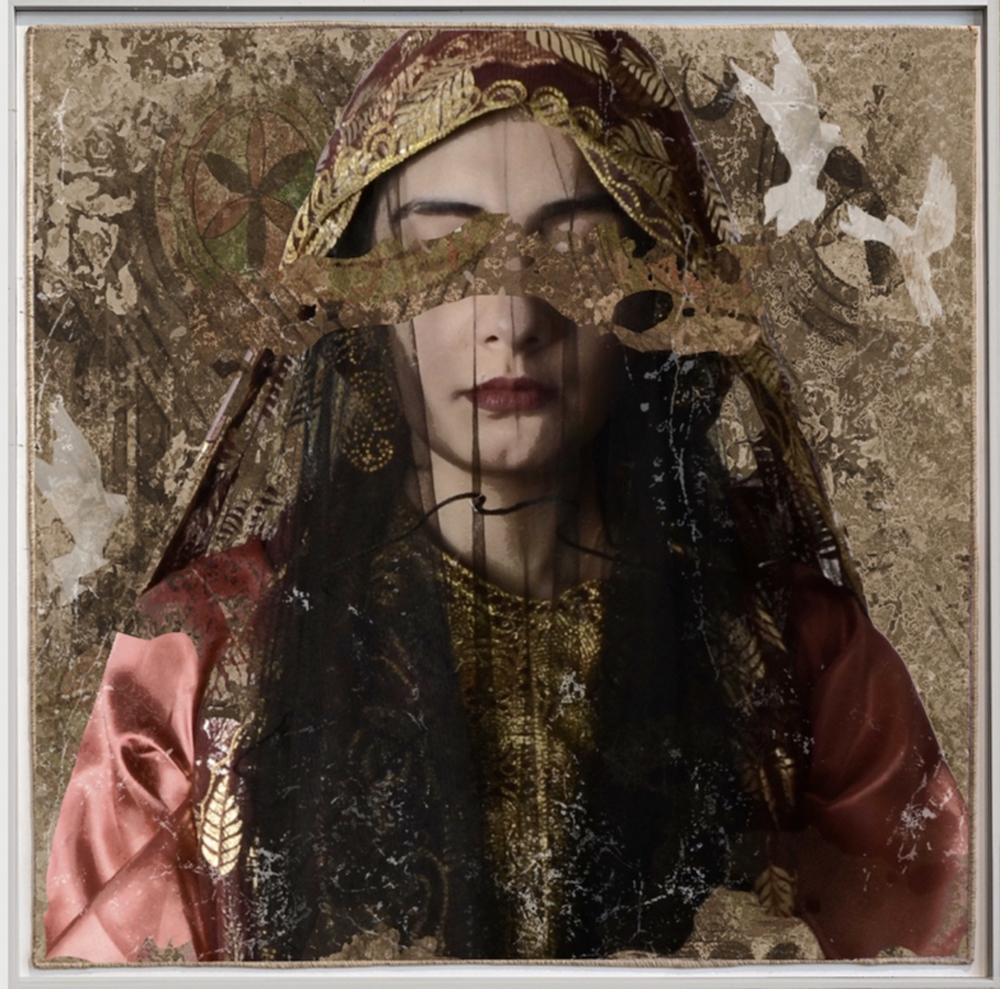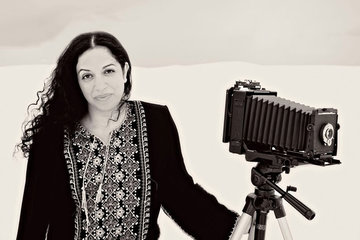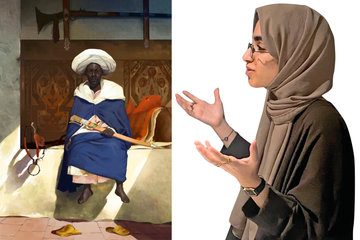
The recent exhibition by Saudi artist Fatimah Al-Nemer is titled "Dkhoun," a documentary endeavor centered on influential women from the Arabian Peninsula. Held at Mestaria Gallery in Dubai’s Alserkal Avenue, the project, initiated nine years ago, involves gathering and preserving the life stories of women who have had a major influence on their communities. Born in Qatif, Saudi Arabia, Al-Nemer embarked on a mission to explore the worlds of these women, using their stories to shape narratives that history has overlooked, expressing them through her art.
The term "Dkhoun," which translates as "the finest types of precious incense" in Arabic, takes on a heightened significance in Al-Nemer's artwork. It represents dignity as well as inward sentiments like benevolence, innocence, and satisfaction. Al-Nemer intended for this name to convey a sense of dignity that goes beyond the senses, encapsulating the intelligence and refined nature of a woman.

On exhibit are eight textile art pieces, crafted from silk fabrics arranged on canvas panels and coated with acrylics. These pieces manifest a burst of colors and textures, vividly portraying the intricacies and diversity inherent in Saudi culture. Al-Nemer's unique method involves combining silk with different materials on canvas, intricately weaving them akin to classical figures on tapestries to chronicle the history of women from the Arabian Peninsula.
Princess Fatimah, also referred to as the "Princess of the North," was an inspiration for "Dkhoun" because of her courage and acumen as a tribal leader. The character "Shalwa," who stands for motherhood and tenderness, also influenced Al-Nemer. The tale of Ward Jallayah, who was well-known in the Qatif region for her skill in embellishing brides—specifically, the seven strands she created on the henna night—inspired another piece.

Al-Nemer sees art as a place where people can escape reality and release the weight of their troubles. She highlights the enthusiasm and independence that gave her the inspiration to work wonders. Tackling social anxiety via artistic expression, she urges parents to encourage their children in using drawing as an effective means for self-expression.
In keeping with the themes of her exhibition, Al-Nemer views modern Saudi women as leaders, intelligent, powerful, and free. She believes in the irrepressible abilities possessed by Saudi women and highlights their climb to multiple leadership positions, attributing it to their tenacity and dedication.

















